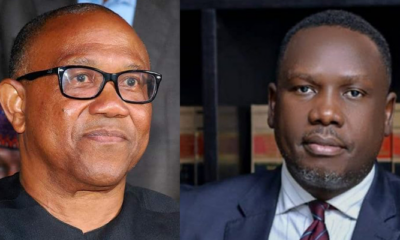HOLLYWOOD
True Story complete S01

- Share
- Tweet /home/porsch10/public_html/wp-content/plugins/mvp-social-buttons/mvp-social-buttons.php on line 69
https://porscheclassy.com/wp-content/uploads/2021/11/ts-e1638174647925.jpg&description=True Story complete S01', 'pinterestShare', 'width=750,height=350'); return false;" title="Pin This Post">
-

 BIG STORY3 days ago
BIG STORY3 days agoPeter Obi Is A ‘Character-In-Chief’, I Know The Junction Where Madman Who Advised Him Stayed In Anambra —- Bwala
-

 BIG STORY5 days ago
BIG STORY5 days agoFrom Harvard With Love: Why Ijebuland Is Blessed With A Strong Choice
-

 BIG STORY5 days ago
BIG STORY5 days agoBREAKING: Chimamanda Adichie Loses 21-Month-Old Son
-

 BIG STORY17 hours ago
BIG STORY17 hours agoAwujale: Fusengbuwa Ruling House Slams KWAM1 Over Protest Letter To Gov Abiodun, Calls It ‘Arrant Nonsense’
-

 BIG STORY5 days ago
BIG STORY5 days agoBREAKING: Rivers Assembly Begins Impeachment Proceedings Against Fubara
-

 NEWS3 days ago
NEWS3 days agoA Call To Conscience For Ogun State and Governor Dapo Abiodun…
-

 BIG STORY4 days ago
BIG STORY4 days agoBREAKING: Lagos Assembly Approves ₦4.44 Trillion Budget For Year 2026
-

 SPORT4 days ago
SPORT4 days agoI’ll Pay Super Eagles Bonuses If FG Fails To Pay Before Saturday —– Ndidi











